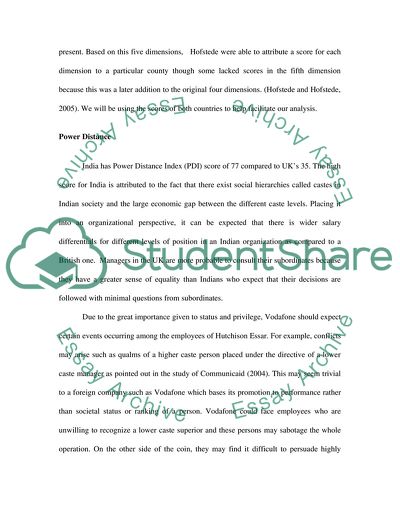Cite this document
(“Hofstede and Cultural Issues for Multinational Corporation Essay”, n.d.)
Retrieved from https://studentshare.org/marketing/1540240-hofstede-and-cultural-issues-for-multinational-corporation
Retrieved from https://studentshare.org/marketing/1540240-hofstede-and-cultural-issues-for-multinational-corporation
(Hofstede and Cultural Issues for Multinational Corporation Essay)
https://studentshare.org/marketing/1540240-hofstede-and-cultural-issues-for-multinational-corporation.
https://studentshare.org/marketing/1540240-hofstede-and-cultural-issues-for-multinational-corporation.
“Hofstede and Cultural Issues for Multinational Corporation Essay”, n.d. https://studentshare.org/marketing/1540240-hofstede-and-cultural-issues-for-multinational-corporation.


